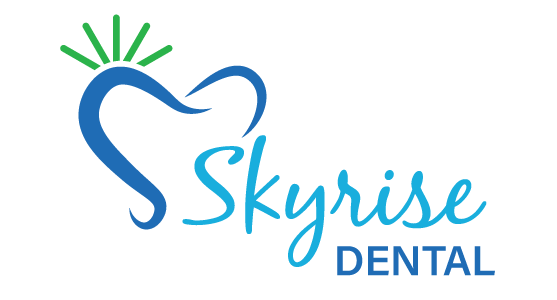Your wisdom teeth are the last teeth to come in. They are at the very back of your mouth. Wisdom teeth usually come in between ages 17 and 21, but they could never come in at all. Too often, people have problems with their wisdom teeth because there isn’t enough space for them. If they do show up, they can start to push on your other teeth, which can cause pain and cause your teeth to move. It’s also common for them to become impacted, which means that instead of growing up like your other teeth, they either grow at an odd angle or can’t grow in at all. If this happens, you will need wisdom teeth removal surgery to get rid of your wisdom teeth. This common procedure does require some time to heal, though.
The most important part of getting better is making sure that the blood clots that form at the wounds don’t get moved. You also don’t want to hurt the stitches used to close up the holes left by your surgery. The blood clots protect the hole and let it heal by acting like a scab. If the blood clot comes loose, dry sockets can form. This exposes your nerves, making the pain worse and making you more likely to get an infection. Even though we will give you detailed instructions on how to take care of yourself after surgery, here are some tips to help you get better quickly and without any problems.
Prepare Well for The Procedure to Remove Your Wisdom Teeth
It’s important to do the right things to get ready for your wisdom tooth extraction. With the right planning, you’ll be able to recover faster from what is often a long period of recovery. Start by taking care of your teeth by brushing and flossing like you usually do before your appointment. A healthy mouth is a good place to start getting better. Also, you won’t be able to brush your teeth for a while after the surgery, so having a clean mouth before the surgery will help you feel better as you heal.
Also, prepare your home for it. Make your bed, buy some soft foods, and make a playlist on Netflix of your favourite shows that make you feel good. Don’t leave anything out. You’ll need to rest for a few days, so make sure you’re comfortable. Lastly, have someone drive you to your appointment. You won’t be able to get home by car. Public transportation or a rideshare service takes up time you could use to relax.
Wisdom Teeth Removal Recovery

Put an Ice on It
Dentists take out wisdom teeth while their patients are asleep and sedated. But once the painkillers wear off, you will feel pain. People feel pain at different levels, but most try to find ways to lessen it. So, ice is your best friend when you are healing from having your wisdom teeth taken out. If you can, keep a bag of ice with you while you heal. Not only does it dull the pain, but it also helps reduce swelling and bruises. Also, putting ice on your face right after surgery helps your blood clot, which is important. The blood clot that forms at the removal site helps the bone and nerve endings around it heal. Make sure you don’t put ice right on your skin. Instead, place a soft towel or piece of fabric between the ice pack and your skin.
Rest, Unwind, & Drink Water
Most of the time, taking out your wisdom teeth doesn’t require you to stay in the hospital. Follow all post-surgery instructions and take it easy for a few days. This will help you get back to your normal routine as soon as possible. To get better quickly, you should do these three things: rest, relax, and drink water. When you rest your jaw, the blood clot stays in place, and the risk of infection goes down. Relaxing your body makes you feel less stressed, which makes it seem like it will be easier to get better. Lastly, drinking enough water helps your gums heal quickly.
Take a Painkiller
After having your wisdom teeth taken out, you will probably need to take painkillers. Depending on how bad your pain is, a painkiller like ibuprofen might do the trick. But some people feel a lot of pain. In these situations, the dentist might give you a painkiller like Vicodin or codeine. Talk to your dentist if you are still in pain after removing your wisdom teeth. They are the only ones who can definitely tell you which medicine is best for you.
Do Not Use Straws
This one is hard to follow because getting a tooth pulled hurts so much that most people want to use straws. Instead of tilting their head back to drink, they’d let the drink come to them. But if you want your gums to heal well, you can’t drink straws while they heal. Straws are the worst thing for your blood clot. When you drink or eat soft foods through a straw, suction is in your mouth. Most of the time, this can make your blood clots loosen or even break. The longer you have to wait for a clot to grow back, the more likely you are to get an infection. Also, your gums will take much longer to get better.
Are You looking for the Best Wisdom Teeth Removal in Thornhill, Toronto?
Recovery from having your wisdom teeth removed doesn’t have to be scary. In fact, if you do the right things, you might even enjoy your time in bed. Or at least not going through too much pain.
Make an appointment if your wisdom teeth are giving you trouble. Call SkyRise Dental or book an appointment to come to our dental clinic on 7330 Yonge St., #210.



